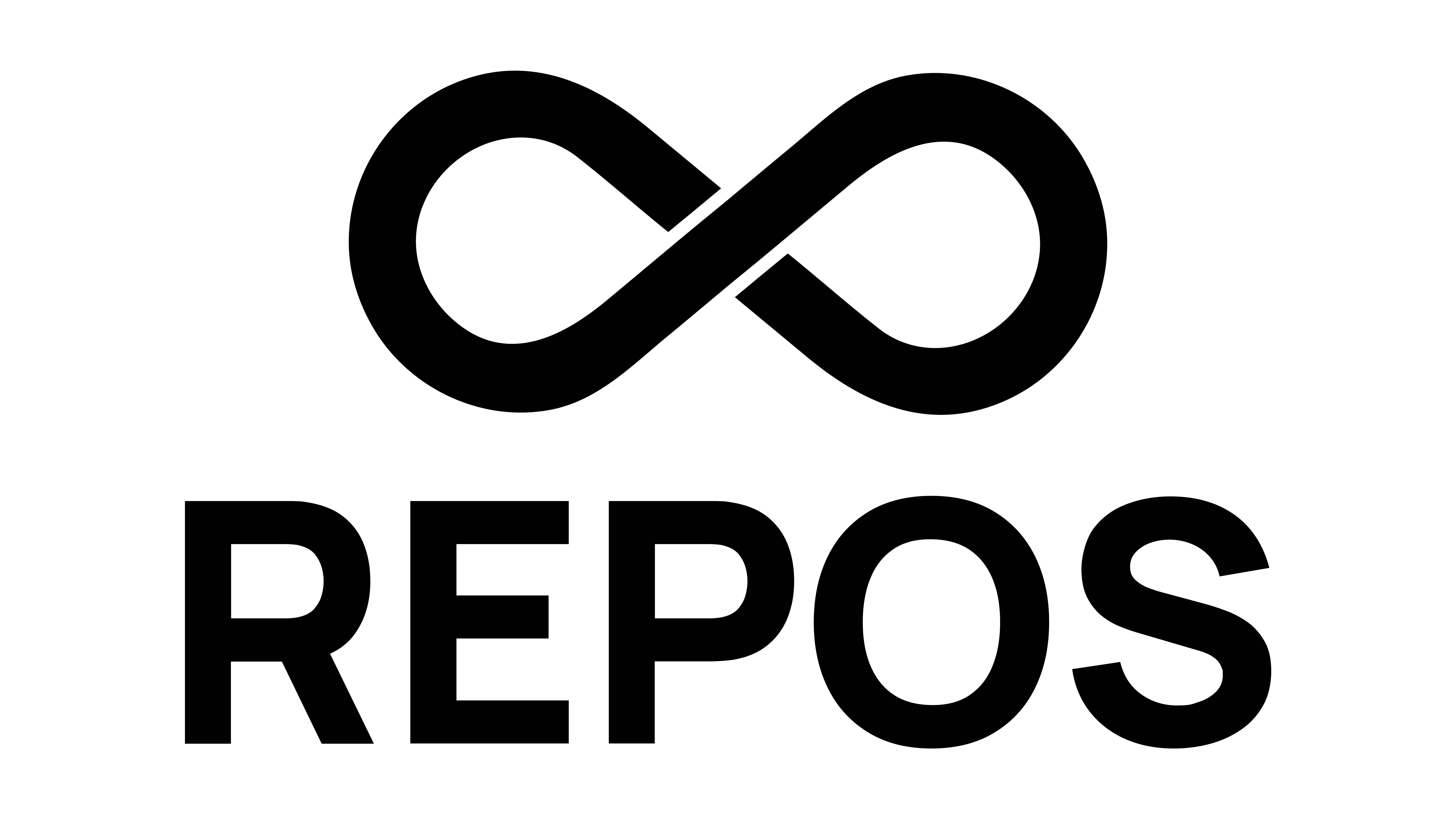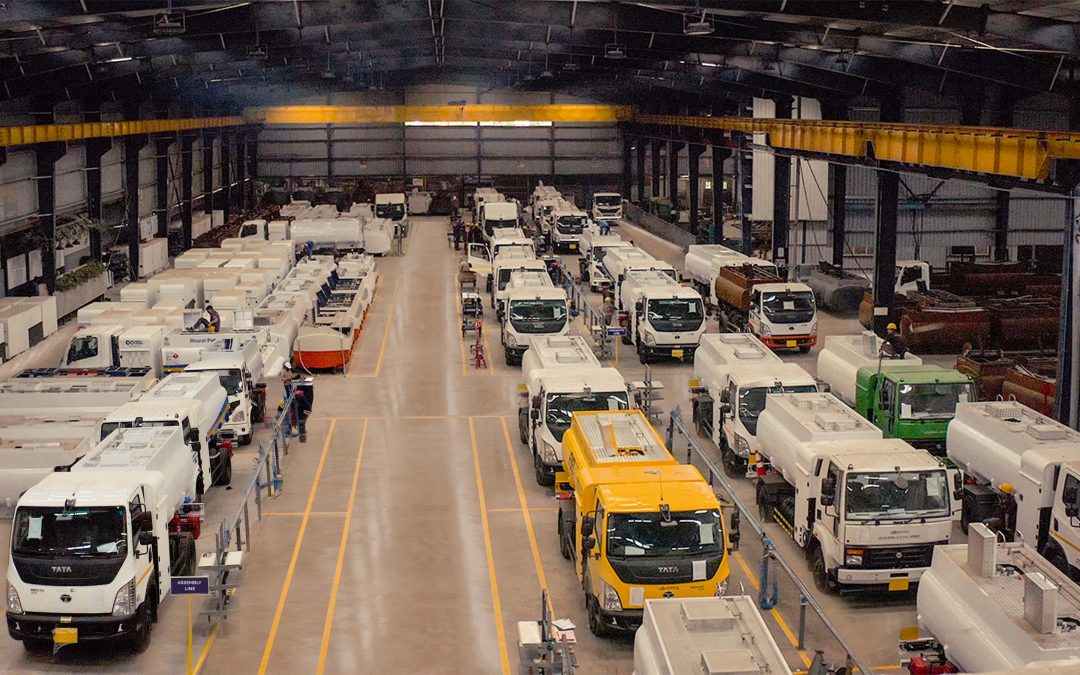January 1, 1983 is considered the official birthday of the Internet where humankind found a standard way to make computers communicate with each other. The world changed for the better and we have not looked back since. However, technological advancements have been so rapid since then that the face of the internet does not look the same anymore. In 1999, the way humans thought of machines was changed forever with the invention of the Internet of Things (IoT).
Internet Entrepreneur Sunil Paul rightly said, “Convenience and ‘magic’ will overwhelm concerns. The history of technology is clear on this front—ATMs, e-commerce, credit cards, the list is endless.”
The Internet of things describes physical objects that are embedded with sensors, processing ability, software, and other technologies that connect and exchange data with other devices and systems over the Internet or other communications networks.This is a technology that rules almost every aspect of our lives. IoT is what is responsible for the “smart” objects we use on a daily basis like phones, cameras, and home security systems.
It is not wrong to say that Indians have been frontrunners in the invention and robust use of technology. One such instance can be highlighted in the way IoT technology is being to its full potential to bring in a much needed innovation in the field of energy distribution.
India is one of the world’s largest consumers of fuels but the way this fuel is procured and consumed has been unorganised for a very long time. The country currently consumes about 27 crore litres of diesel on a daily basis out of which a very small percentage goes into fuelling private cars. These cars have the liberty to travel to petrol pumps at their own convenience to get a refill. However, a major proportion of the diesel goes into fuelling industries like mining, infrastructure, manufacturing, real estate, hospitality, etc. where diesel is often required in bulk. The proprietors of these industries resort to procuring diesel from petrol pumps using improper receptacles like barrels and bowsers while using manpower unnecessarily. This method causes great losses in the form of spillage, pilferage, dead mileage, and manpower costs. The overall wastage of diesel in India stands between a whopping 8 to 10%.
At Repos, we identified this gigantic gap between the supply and demand for fuel and came up with an innovative solution that involved the use of IoT. We designed the Repos Mobile Petrol Pump, an innovative petrol pump on wheels that is capable of bridging the supply demand gap for fuel and bringing bulk diesel deliveries right to the customer’s doorstep. These vehicles are manufactured in Repos’s IoT facility in Chakan, Pune which is also the world’s largest mobile petrol pump manufacturer. This facility boasts of a moving assembly line that is capable of producing upto 300 vehicles a month.
So what is the role of IoT in all of this? We have integrated a plethora of features that allow the Repos Mobile Petrol Pump to function like a “smart” special purpose vehicle that makes the fuel delivery process seamless and safe to both the sellers and consumers. All of these features are held together by our robust IoT technology that makes the Repos Mobile Petrol Pump an innovation par excellence. Some of the features of the Repos Mobile Petrol Pump that makes it a source of convenience to both the sellers and buyers of fuel are:
DOUBLE DISPENSING UNITS
Repos mobile petrol pump has dispensing units on both sides of the vehicle, increasing its efficiency. With double dispensing units, one does not have to worry about positioning the vehicle in a specific direction while filling assets.
POWER TAKEOFF UNIT
This tool ensures safety and prevents accidents as the vehicle derives power from the engine while dispensing diesel.
SMART FUEL SENSORS
Gives the Repos Mobile Petrol Pump operator correct and real-time data about accurate diesel levels in the vehicle. This way they know exactly when to go for a refill and avoid any delay in diesel delivery .
BRAKE INTERLOCK MECHANISM
It ensures that the brakes are automatically applied when the nozzle is lifted. This ensures against spillages and accidents while diesel is being dispensed.
REMOTE THROTTLE
It ensures that the dispensing unit that runs on the vehicle engine dispenses accurate diesel quantities.
INTELLIGENT GEO FENCING
It allows diesel to be dispensed only within order radius using OTP verification. This ensures that nobody other than the customer who placed the order can take the diesel that is due to be dispensed.
EASY-TO-USE REPOS APP
Allows customers to order diesel easily from anywhere in the world. They also get a dashboard of all their previous consumption on the same application which allows them to correctly predict future requirements and place repeated orders quickly.
The Repos Mobile Petrol Pump is available in two variations: the 6KL Model Alpha that delivers over 1000 L of diesel and the 3 KL Model Beta that delivers between 100 and 1000 L of diesel. Other than this, Repos’s IoT unit also produces DATUM (Data Automated Teller Ultimate Machine), a smart tool that gives real time information to business owners about the quality and quantity of fuel in their premises, thus handing them full control over their fuel procurement and consumption pattern.
What the future holds:
At Repos, we believe that the future is green, and it is much closer than predicted. Green energy forms need to be incorporated into the fuel mix of the country in order to swiftly move towards a carbon-neutral future. We intent to expedite this process in two ways:
- By bringing traditional fossil fuels on a mobile distribution network in order to free up space in existing petrol pumps to accommodate newer, clean fuels.
- To find ways to distribute clean fuels using our established mobile network in order to bring them in a much faster manner to the end users.
Before we wind up: Repos IoT facility in Chakan is committed to India’s vision of a carbon-neutral future. With one energy at a time, we believe that we will soon make all clean energies available to the end users with just a click of the phone.

